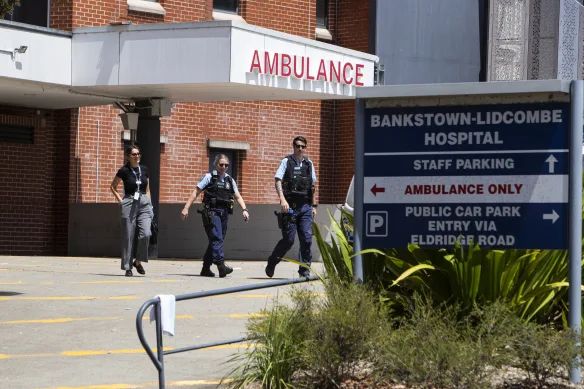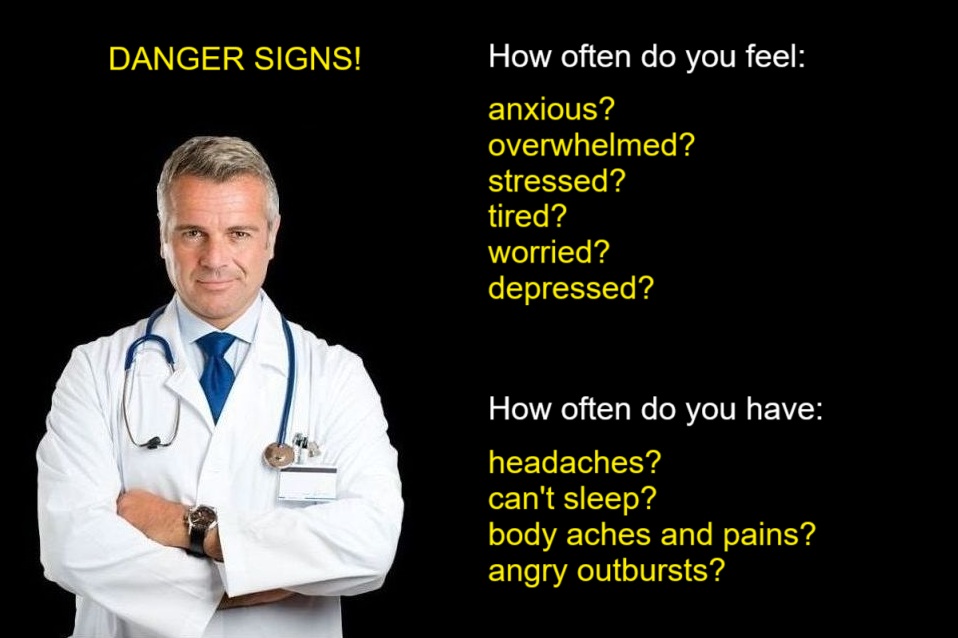Last Updated on February 12, 2025 by Bertrand Clarke
In a shocking turn of events, two nurses from a New South Wales hospital have been stood down after appearing in a social media video where they threatened to refuse treatment and even kill Israeli patients. The incident has prompted strong condemnation from political leaders, with Australia’s Prime Minister labeling the footage “sickening and shameful.”
Health Minister Ryan Park has announced that an investigation is underway following the release of the contentious video by Israeli content creator Max Veifer. The video shows Veifer engaged in a video chat platform akin to Chatroulette, where users can interact with random strangers in real-time. During this chat, Veifer connected with two individuals wearing medical scrubs who identified themselves as healthcare professionals from a hospital in New South Wales.
In the alarming video, upon learning that Veifer is from Israel, one of the nurses quickly expressed their disdain, stating, “I’m going to be really honest with you… I’m so upset you’re Israeli. Eventually, you’re going to get killed and go to Jahannam [hell].” This remark led to further intimidating comments made by the female nurse sitting beside him, who outright stated, “I won’t treat them, I will kill them.” The male nurse also added, “You have no idea how many [Israelis] came to this hospital, and I sent them to Jahannam. I literally sent them to Jahannam.”
The unsettling dialogue has raised significant concerns over the attitudes held by healthcare workers, particularly in a culturally diverse country like Australia. Prime Minister Anthony Albanese expressed his outrage, condemning the attitudes expressed in the video as completely unacceptable, emphasizing the vital role healthcare professionals play in treating patients from all backgrounds, unequivocally regardless of nationality.
In light of these events, Health Minister Ryan Park underscored the seriousness of the situation, explaining that the well-being of all patients is the utmost priority in the healthcare system. “The behavior exhibited in this video is not reflective of the values we uphold in our healthcare services. We will not tolerate such sentiments among those who are entrusted with the care of our community,” Park asserted.
The response from local authorities has been swift. The New South Wales Health Care Complaints Commission, along with police, has launched an investigation into the comments made by the nurses. Given the severity of the threats and the potential impact on public trust in the healthcare system, both organizations are taking this matter very seriously.
As the investigation unfolds, the wider public discourse has highlighted deeper issues concerning bias and discrimination in healthcare settings. Social media platforms have been flooded with both outrage and calls for accountability, with many advocating for the establishment of stricter codes of conduct and training programs aimed at mitigating prejudiced attitudes among healthcare workers.
Internationally, the video has ignited conversations regarding the intersection of politics and health, particularly in the context of the ongoing Israeli-Palestinian conflict. It has raised poignant questions about how personal beliefs can potentially influence healthcare and the imperative for medical professionals to uphold impartiality and compassion in their practice.
While the actions of these two healthcare workers do not represent the entirety of healthcare professionals in Australia, the incident serves as a stark reminder of the importance of ethical standards in the medical field. The expectation is clear: all patients deserve care and respect, irrespective of their nationality or background.
As the investigation continues, there is a collective hope that the findings will lead to improvements in training and policies, ensuring that such unacceptable behavior has no place in Australian healthcare. It is essential for the public to feel assured that the healthcare system remains a safe and welcoming environment for everyone, reinforcing the commitment to quality care that transcends national divides.
In the coming days, more details are expected to emerge from the investigation, along with potential policy reforms aimed at safeguarding against such incidents in the future. The incident has sparked an important conversation about the responsibilities of those in the healthcare profession and the need for a united front against intolerance.










